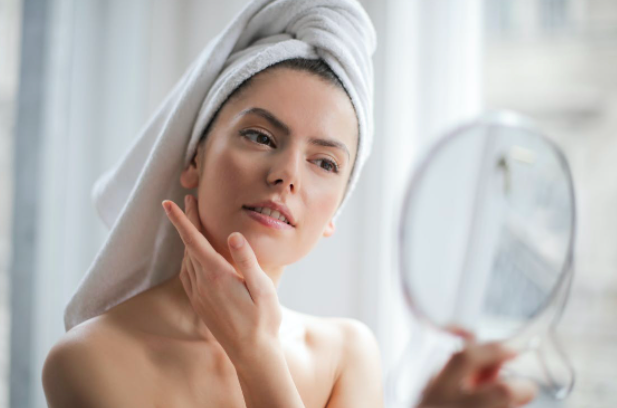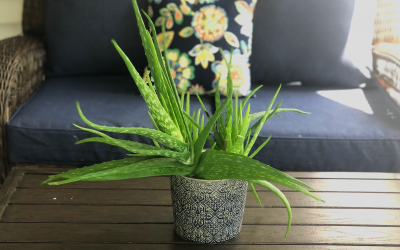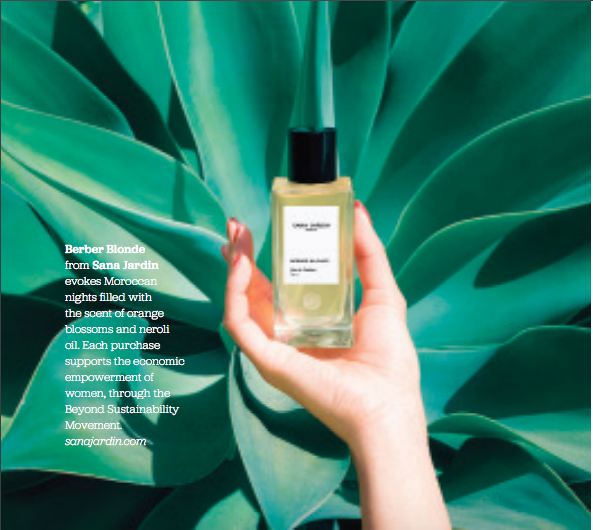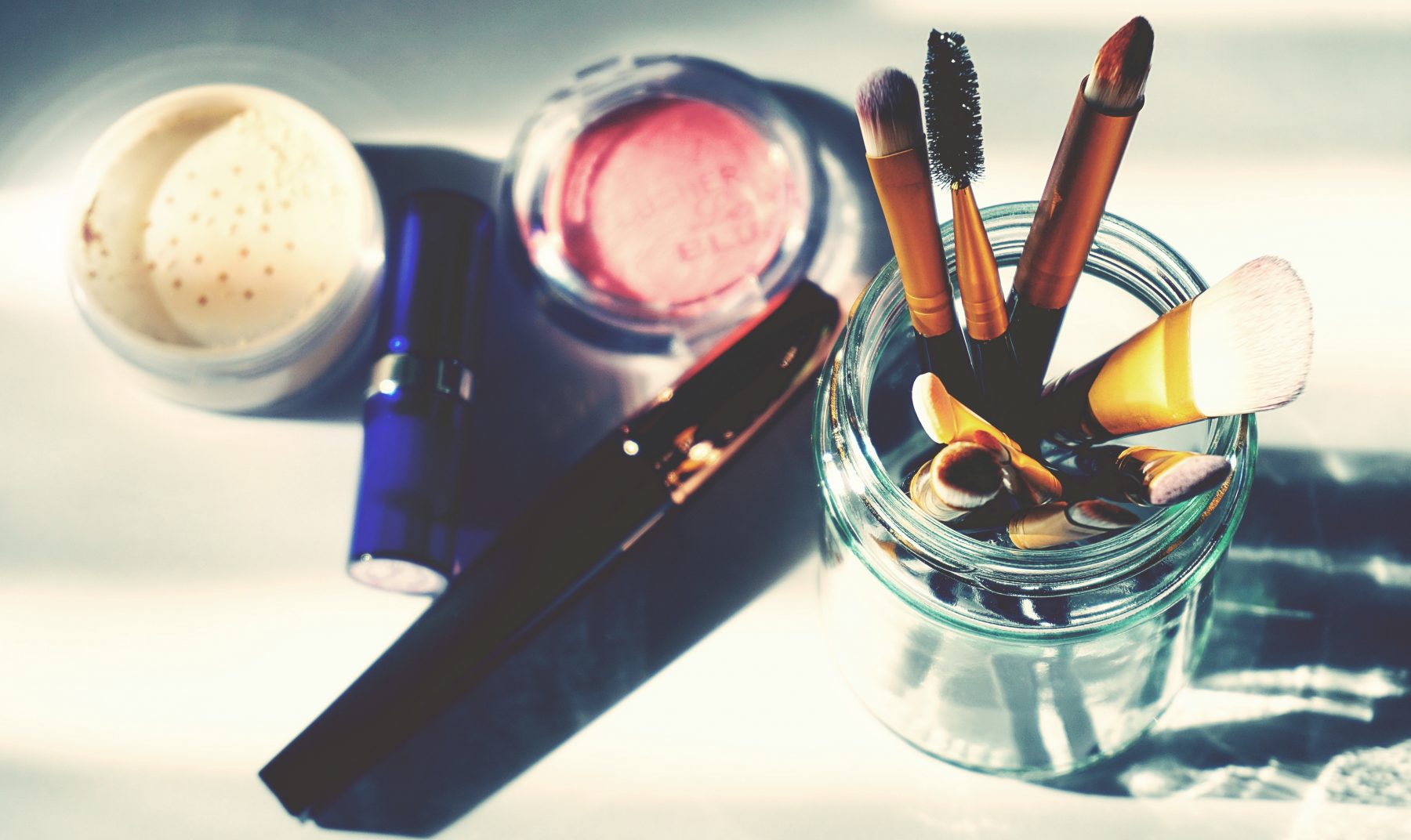- Find the Cause The first step, find the cause. Acne can appear for a variety of reasons but generally manifests when dead skin cells clog your pores. Your breakouts may also be triggered by stress or eating certain foods. If you had acne as a teenager, you might have problems with similar, instigators. Finding the cause can help prevent acne from reappearing. Acne usually appears due to excess oil on the skin, typically surfacing on the face, chest, and back.This excess oil can be from hormonal changes, diet, stress, or other culprits. Identifying what is causing your acne situation, is key. When a pimple appears, think about what you’ve done differently over the last few days. This will help you narrow down the cause of your acne so you can treat it and prevent future breakouts.
- Be Consistent With Your Skincare Once you have determined the cause of your acne, it’s time to establish a consistent skincare routine. For many people, skincare is self-care. Making time for a regular skincare routine is vital to maintaining healthy skin and lessening your breakouts. No matter where you are starting from, there are a variety of acne remedies available. They can include everything from topical creams to retinoids to antibiotics. Fortunately, there are ways to get acne treatment online from the comfort of your own home. Choose cleansers and moisturizers that are hypoallergenic and acne- or sensitive skin-friendly.
- Alter Your Habits You get home from exercise, if you are nervous or stressed at work, try not to touch your face. If you are too tired to meal prep, order fast food or go through the drive-thru, these habits can have a big impact on your skin health. Take a look at your routine or rituals, switching behaviors can be beneficial to your acne. Rather than judging yourself for bad habits, make small changes to improve your skin health. Bring packaged cleansing wipes to the gym to wipe off the sweat from your face after your workout. Use a stress ball for relieving tension and find easy recipes that make cooking at home. Small tweaks in your day can introduce healthy habits and help keep acne away.
- Know Your Hormones As an adult, one of the biggest contributors to consistent breakouts is your hormones. When estrogen, progesterone, and testosterone levels fluctuate, the result is can be acne. Changes in hormones occur during menstruation cycles, pregnancy, and menopause. Women experience increases in estrogen before their period, so the skin may be more prone to clogged pores during this time. Cleansing skin more frequently and using a product that contains salicylic acid, prevent clogging. Applying moisturizer regularly can offset any dryness, another hormonal imbalance side effect you may experience. Men experience fluctuation in testosterone levels which can create more oil, which may lead to breakouts. Understanding the effect of hormones will help you care for your skin. Takeaways The “less is more” principle can be applied to many aspects of life, especially acne treatment. Taking care of your skin and treating your breakouts shouldn’t be complicated or overwhelming. Knowing your triggers will help you determine how to treat unwanted spots. Establish a consistent skincare routine, and change your habits for prevention. Finally, understanding how your body may be affected by fluctuating hormones will help you be proactive about your skincare.Acne is nothing to be ashamed of, it is a part of life many people experience. The trick is finding what works best for you.
Pisterzi: Cutting Through the Chaff
Pisterzi Italian Grooming Art changes the way New York men look at grooming with a unique approach to the barbershop...













